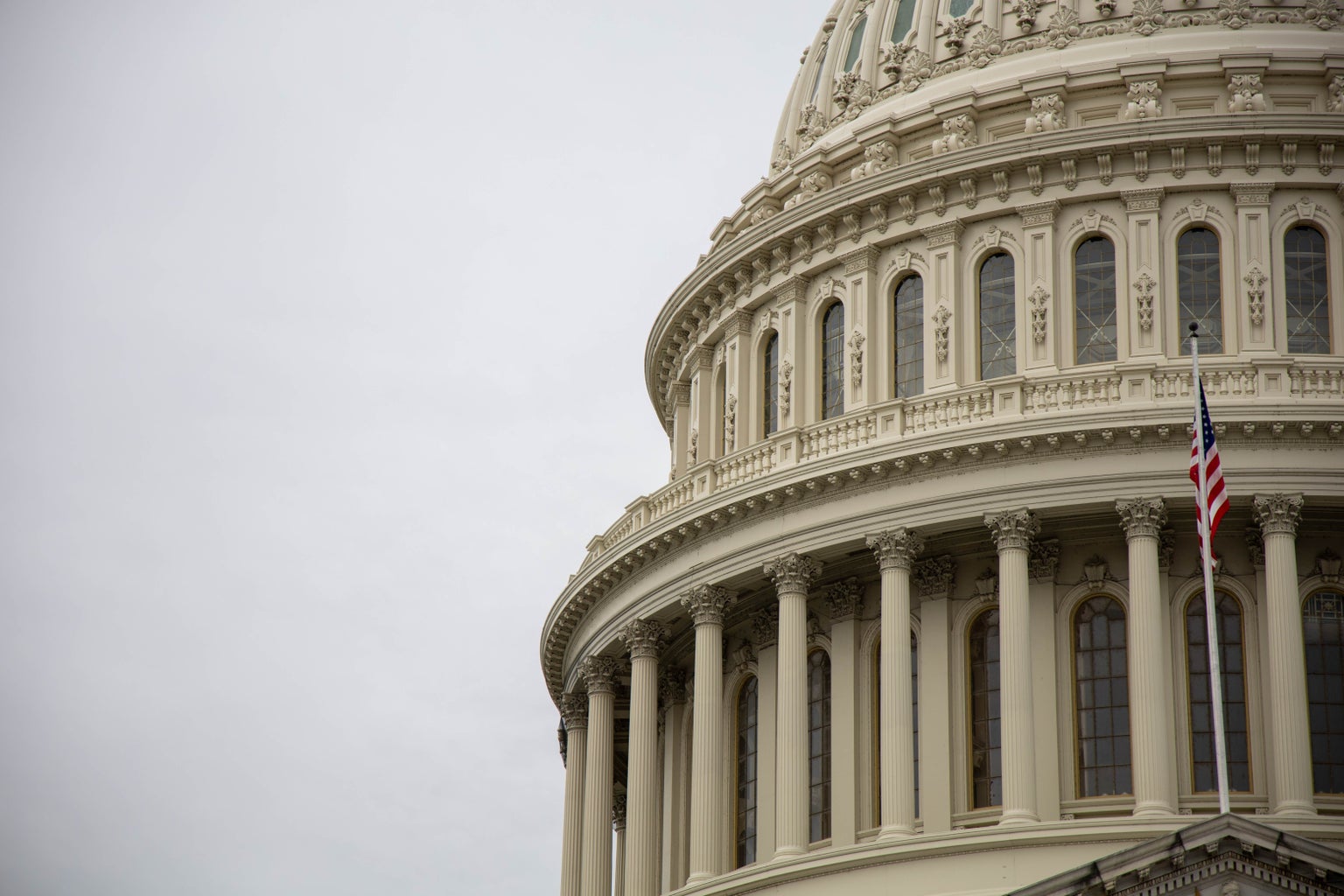With a likely inevitable U.S. government shutdown approaching, looming uncertainty grows while many wonder how this recent news will affect their day-to-day. A government shutdown occurs when Congress fails to pass legislation that was signed into law by the president. Some consequences include the disruption of services, and millions of federal workers — including military workers — will not receive their paychecks. Additionally, non-essential workers will be furloughed and won’t receive any form of compensation as long as the shutdown is occurring.
Another key component to the government shutting down is that all government funding expires on Oct. 1 of each calendar year. This means that if Congress fails to pass legislation, nearly four million Americans will not only get paid, but air travel will also be negatively impacted: The U.S. Travel Association estimates the domestic travel economy would lose as much as $140 million a day from a government shutdown.
An additional aspect of uncertainty from a potential government shutdown is the effect it will have on the Gen Z population. With approximately 68.6 million of the population considered Gen Z, many youth across the nation worry how a shutdown may affect their future. I am a strong advocate for preparing for the worst yet hoping for the best, so here are some of the ways the government shutting down could affect the Gen Z population.
- There are serious implications for college students seeking federal financial aid.
-
A government shutdown will affect Gen Z college students seeking financial aid from FAFSA. Specifically, students applying for federal aid during the shutdown could experience delays when it comes to processing FAFSA applications, the disbursement of Pell Grants, and pursuing public loan forgiveness. Additionally, due to the government shutdown, any Gen Z students who currently have a federal student loan will most likely be expected to resume paying off their student loans on Oct. 1 despite the shutdown. Ultimately, funds for repayment may be more difficult to receive.
- Federal employment may decrease among Gen Zers.
-
If Congress fails to fund the government by Oct. 1, many recent and upcoming graduates will experience an even more unstable job market. Additionally, due to the shutdown, many employees will be told to stay home. With the perceived instability of government jobs, many recent and upcoming college graduates may be hesitant to apply to federal jobs as a government shutdown opens the door to finances being delayed, decreased, or unfulfilled.
- The shutdown could reshape Gen Z’s future votes and views.
-
With Congress’ inability to pass the appropriate legislation, which in turn can provide the nation more stability, many Gen Z voters may start to question the nature of the government — from the politicians’ authenticity to their initiatives — especially with the 2023 and 2024 elections around the corner.
We’re already seeing the impact of this: Recently, due to the recent government shutdown, a group of 18 youth climate activists from the Sunrise Movement were arrested for protesting for the government to remain open.
Despite recent uproar and uncertainty, there may be a silver lining in the recent government shutdown in that more of the Gen Z population could become more involved in local and federal political policies. With the longest government shutdown having been 34 days during the Trump Administration from Dec. 21, 2018 to Jan. 25, 2019, could a shutdown inspire more Gen Z to be involved in politics? Only time will tell.



